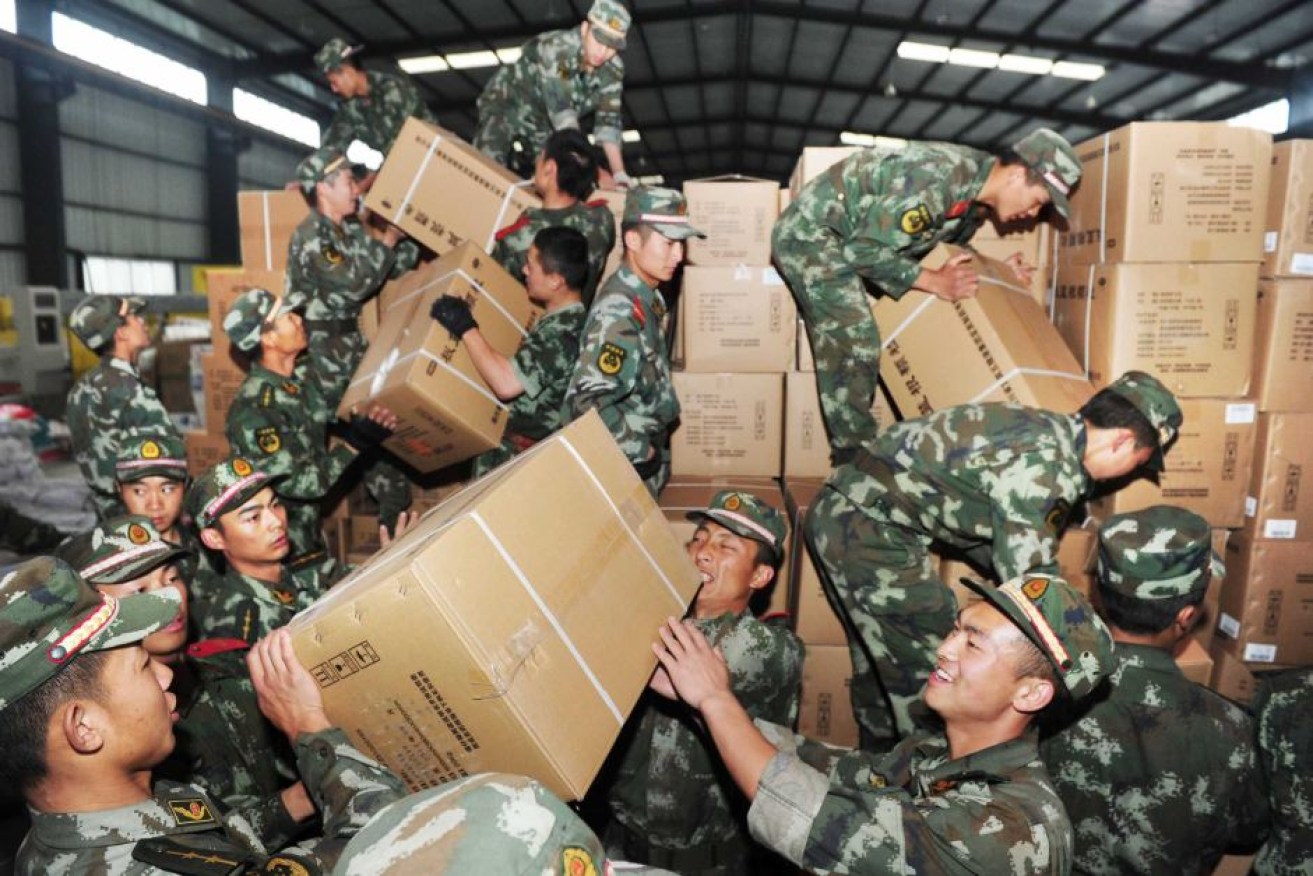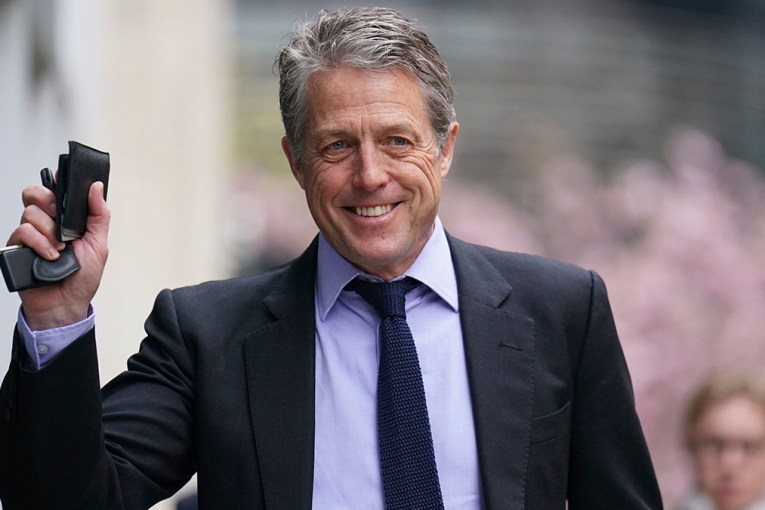Does the world have a right to know where China’s aid money goes?

There are calls for China to provide greater transparency around its foreign aid budget. Photo: Getty
Transparency doesn’t come easy to China’s bureaucrats. Even when there’s a good news story to tell.
Research by the United States-based organisation AidData shows China, once a major recipient of international aid, has now become a megadonor, funding projects in more than 140 countries.
In the 15 years to 2014, Beijing spent over $US354 billion on development assistance.
“That puts China roughly neck and neck with the US government in terms of the scale and scope of its spending,” says Brad Parks, executive director at AidData, whose team spent five years examining more than 4400 Chinese aid projects.
According to AidData’s findings, most of it is politically motivated, but around 23 per cent of China’s total aid expenditure meets accepted international standards as official development assistance.
Mr Parks says that puts to bed the suggestion that China is a “rogue donor” financing “white elephant” projects.
“Chinese aid is no different from Western aid. Aid that is targeted for local infrastructure projects, irrespective of whether it’s coming from China or a Western source, has a substantial impact on local economic growth,” he says.
So why the lack of transparency? Mr Parks believes it’s in part a reflection of domestic considerations. The scrutiny China fears, he says, comes from within.
“China still has very large pockets of poverty within its own country, and it faces larger domestic political challenges with having this very aggressive overseas development footprint,” he says.
Chinese citizens, Mr Parks says, can rightly question whether government dollars are better spent overseas, or at home.
Calls for Chinese aid transparency
For Annelise Parr, persuading China to be more transparent about its overseas development assistance represents a holy grail.
Ms Parr coordinates the United Nations’ International Aid Transparency Initiative (IATI), which administers a universal reporting standard for aid expenditure.
A shared standard allows greater international clarity around aid expenditure, while also encouraging the sharing of experience and knowledge.
“The whole purpose is that we get [the data] out quickly so that it’s available to use quickly,” Ms Parr says.
IATI data, which can be updated on a daily basis, is used to set aid policy in different countries, she says.
All up, 635 organisations have published their data using the IATI standard. In Britain and the Netherlands, the standard is mandatory for all organisations receiving government aid funding.
By publishing in a common format, Ms Parr says, governments and aid organisations can also be better held to account.
But such increased scrutiny is not always seen as a positive by those in the development aid sector, even in the democratic West.
Aid expert Abhijit Banerjee talks about “evaluation aversion”.
Many organisations, he says, have adopted a disregard for self-scrutiny out of a fear of failure. Or, more precisely, out of a concern that the failure of a project — no matter how well intentioned — might be blown out of proportion.
“Often the media is happy to take a single failure as evidence of some general malaise. People are worried that their political masters will take the message badly,” he says.
Dr Banerjee, a professor of economics at MIT and the co-founder of the Abdul Latif Jameel Poverty Lab, is a vocal advocate for the use of randomised trials to provide greater accountability and openness.
“What’s very useful is to be sensitive to all the ways evaluations can go wrong,” he says.
-ABC








